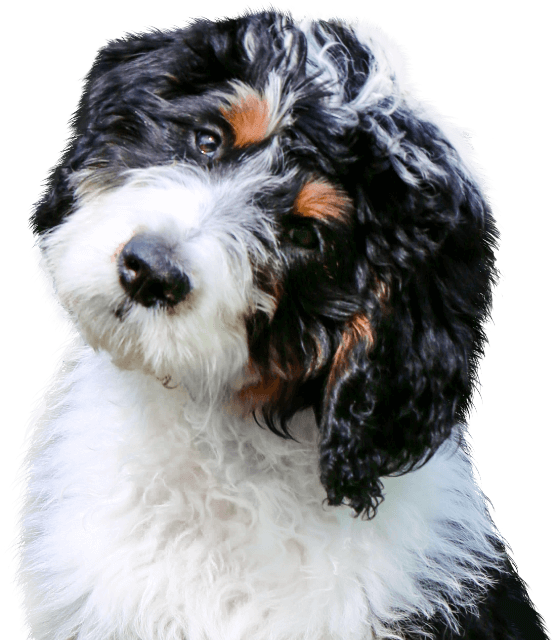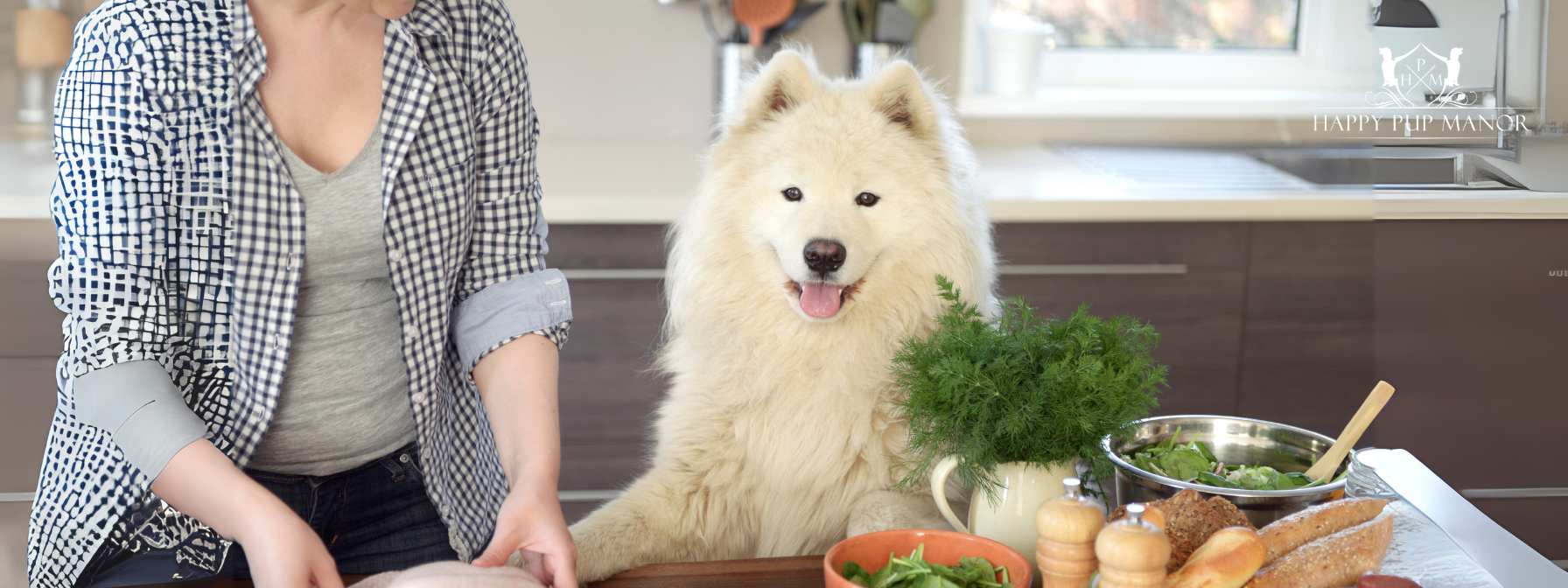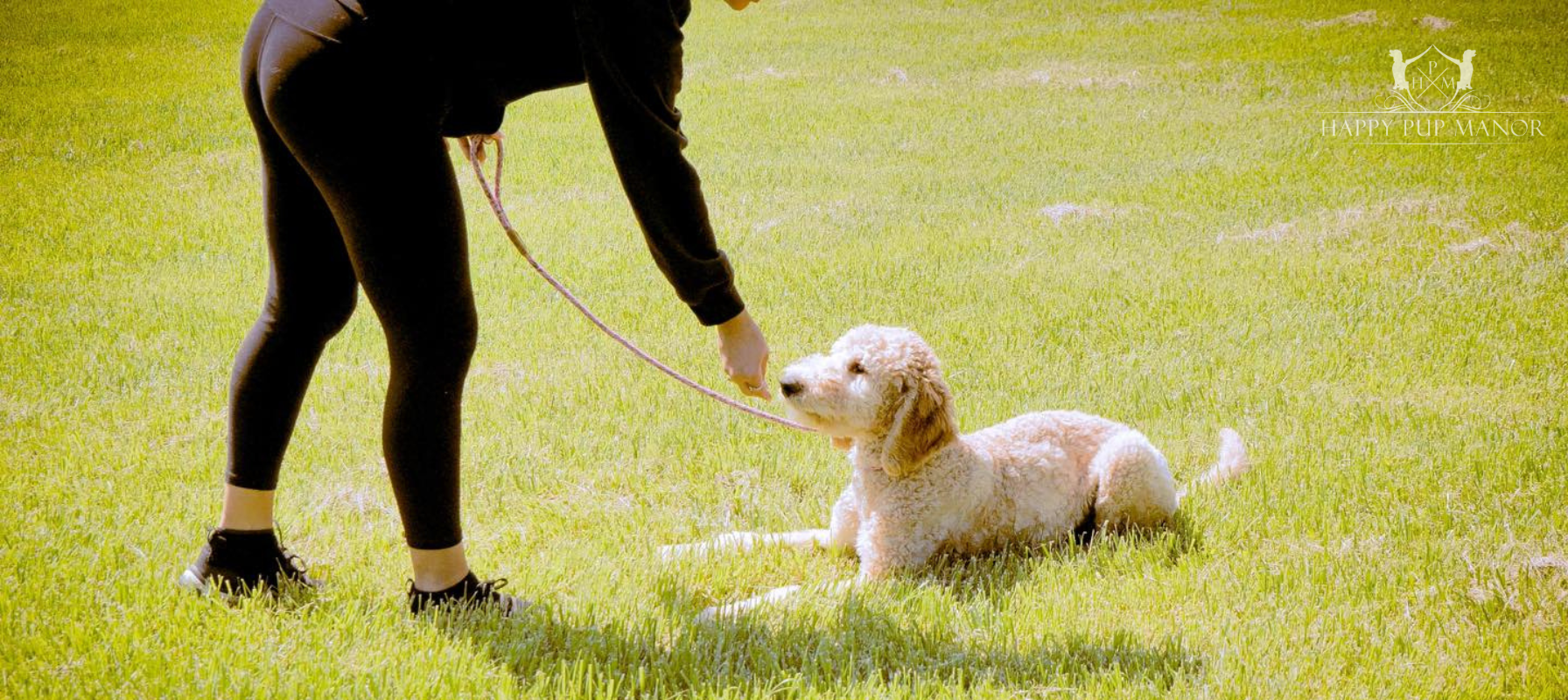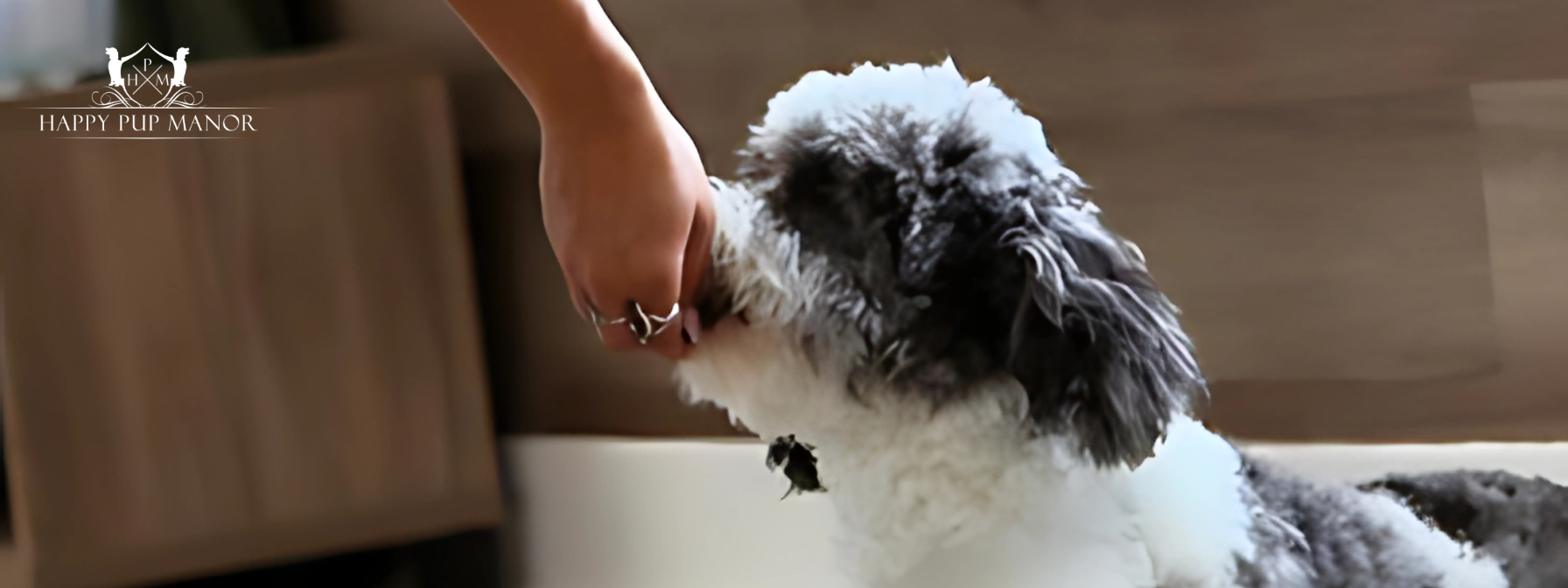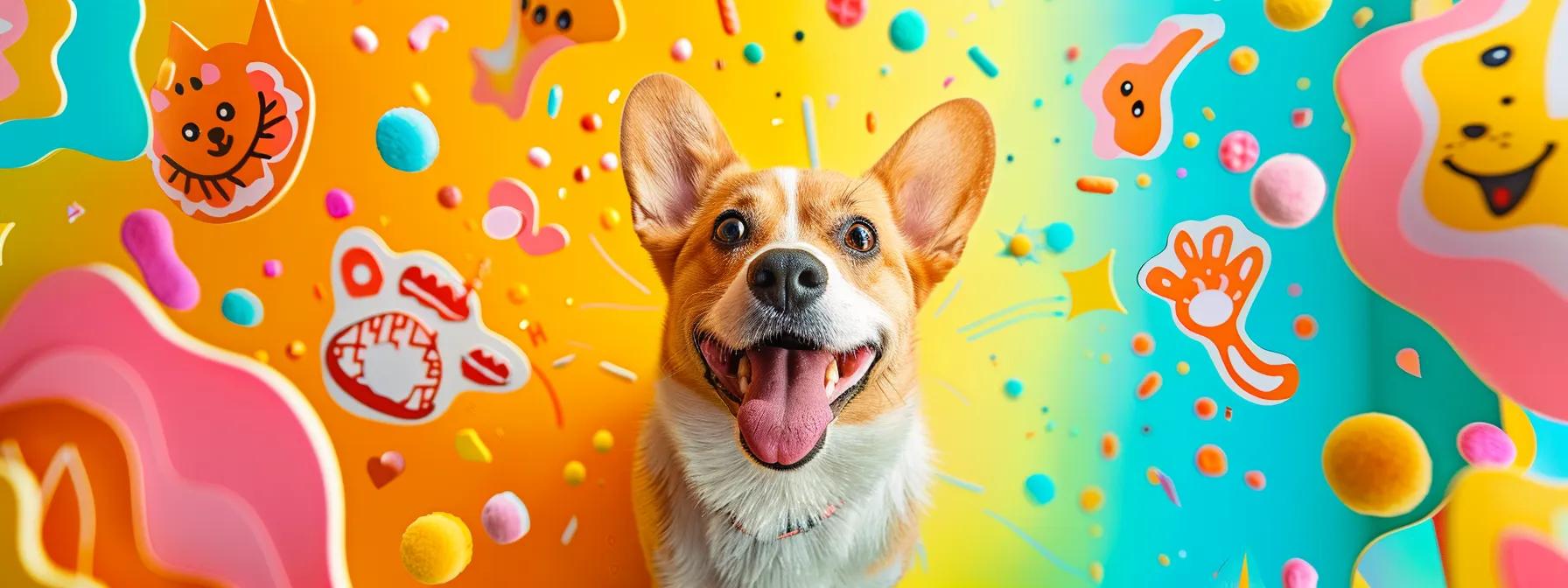How to Deal with Puppy Separation Anxiety
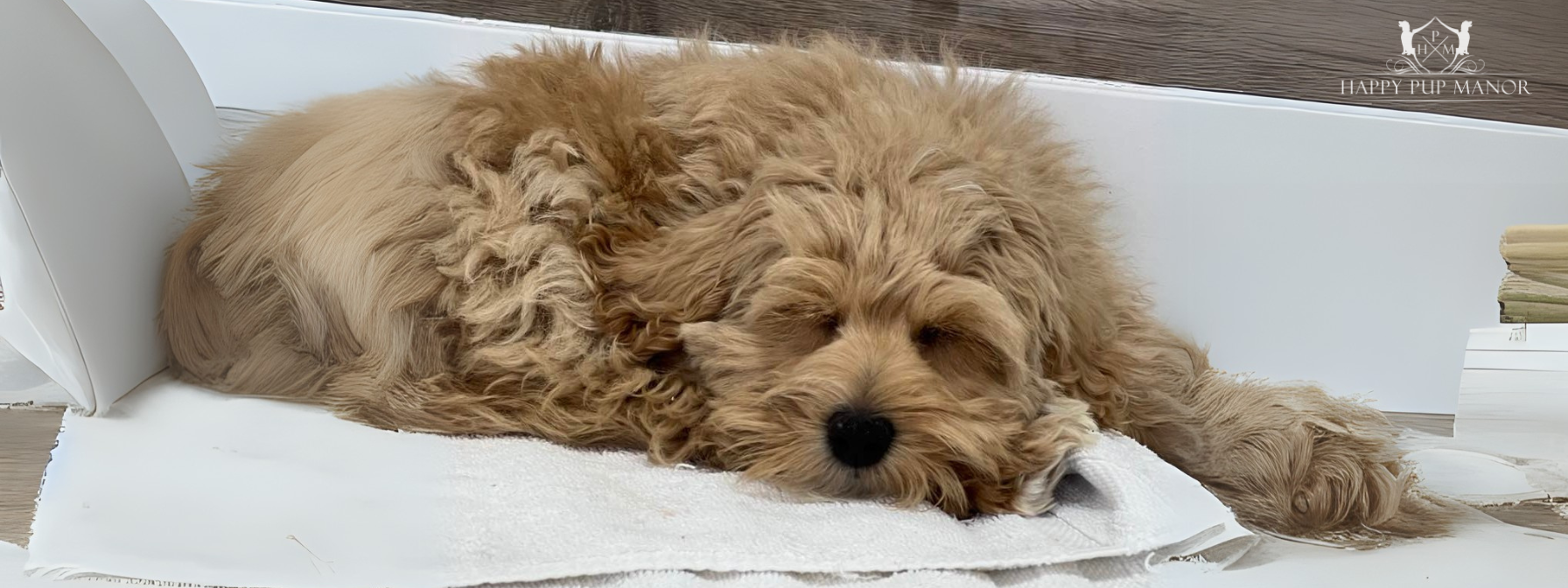
How to Deal with Puppy Separation Anxiety
If you have been spending much time at home, your puppy may have gotten used to seeing you at all hours of the day and have become attached to your constant companionship. While getting to spend so much time and growing your bond with your pup is a great experience, when the time comes to head back to the office or spend less time at home, your puppy may find it difficult to be separated.
While you likely won’t hear about it much, puppy separation anxiety is one of the most common concerns for pups. Fortunately, there are ways to help your pup manage their anxiety and begin readjusting to their time spent alone.
Since Happy Pup Manor specializes in live-in training and extended pup boarding, we have experience working with pups who have some anxiety. Luckily, that means we know what to look for and a few ways to help your pup if it experiences separation anxiety.
Identifying Puppy Separation Anxiety
While there are several causes of puppy separation anxiety, most pups express the same symptoms when they suffer from separation anxiety. Symptoms of separation anxiety in your puppy are easy to identify when you know what you are looking for. If you suspect that your puppy is experiencing separation anxiety, look for:
- Pacing, whining, and shaking as you are preparing to leave your home without your pup
- Unfavorable behavior such as digging and chewing, even if they have been trained not to perform these behaviors
- Excessive salivation or drooling as you prepare to leave or when you first return home
- Frequent and unusual accidents in the home
How To Deal With Puppy Separation Anxiety
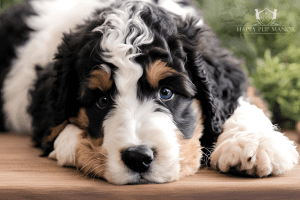
Fortunately, puppy separation anxiety is easily manageable through the help of a variety of methods. From supplements to exercise, the following are great options for helping your puppy if they are experiencing separation anxiety.
- Crate Training: If your pup has been crate trained, or is comfortable with spending time inside of a crate or enclosed space, consider creating a comfortable crate environment for your pup to spend time in when you are away from your home. Place your pup’s favorite toys, treats, a bowl of water and food, and other comfort items inside the crate to provide everything they need to be comfortable and happy while you are away. Doing so will help your pup associate this time spent in their happy place with you being gone, meaning they will feel happier and less anxious when you are out of the home.
- Medication or Supplements: There are various medications and supplements that you can give your pup to prevent or reduce the anxiety they feel when you leave. Speak with your veterinarian about available and recommended options to try with your pup.
- Counterconditioning Training: While this sounds a little scary, counterconditioning is easy once you know what to do. When counterconditioning your puppy, identify what triggers them about you leaving, such as grabbing your keys, putting on your shoes, or unlocking the door. Counterconditioning training aims to associate these triggers with something positive, such as receiving a treat or getting their favorite toy.
Once you have eased the symptoms of your pup’s separation anxiety, it’s a great time to have them participate in training. This time away from home will help reacquaint them with being away from you while also being in a friendly and loving home environment filled with other like-tempered pups.
If you have questions regarding our training programs or are interested in boarding your pup with the Happy Pup Manor team, please call Gabby. If you would like to set up a time to speak that works best for your schedule, please fill out our form online, and one of our friendly team members will get back to you as soon as possible!

